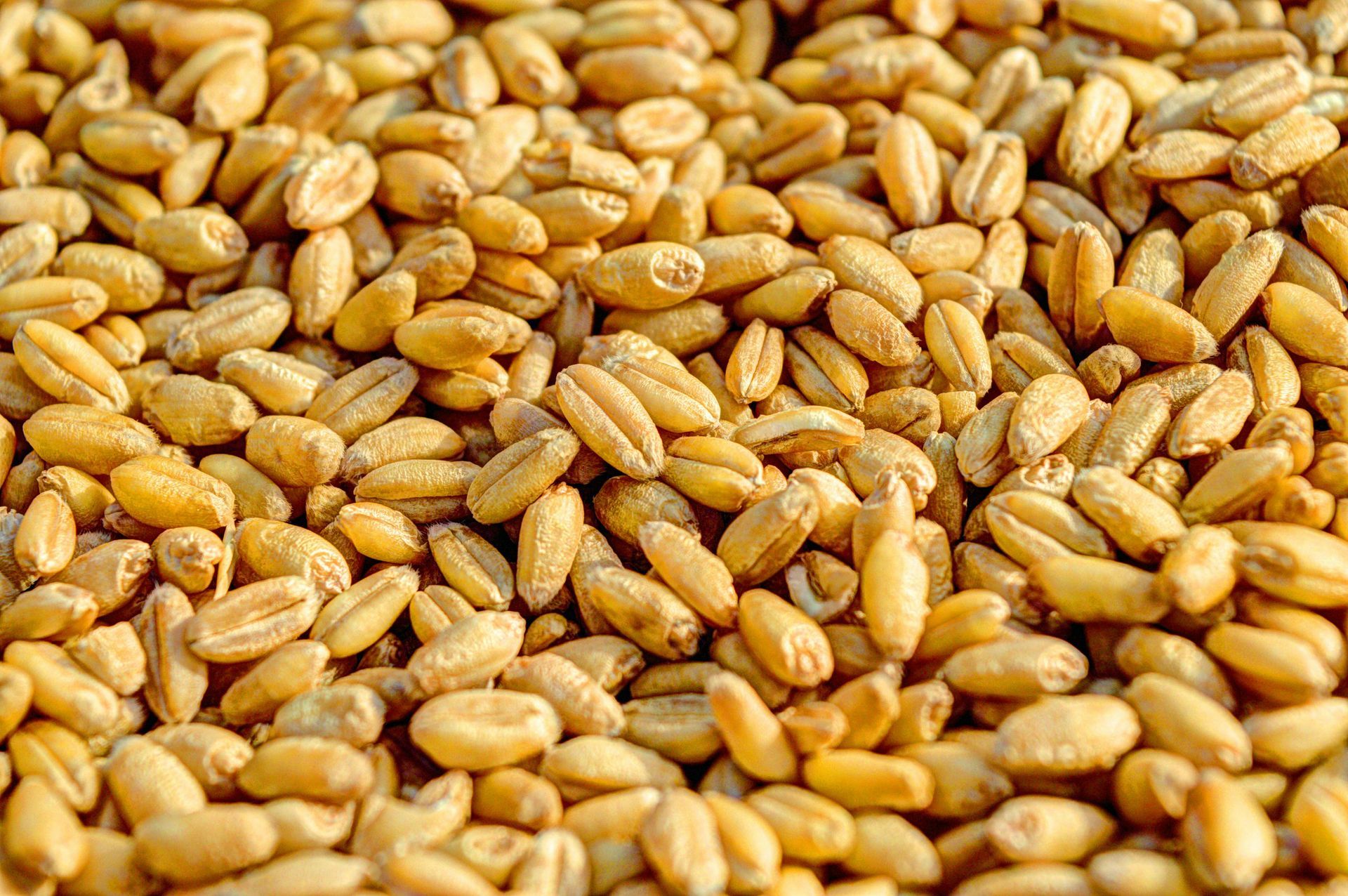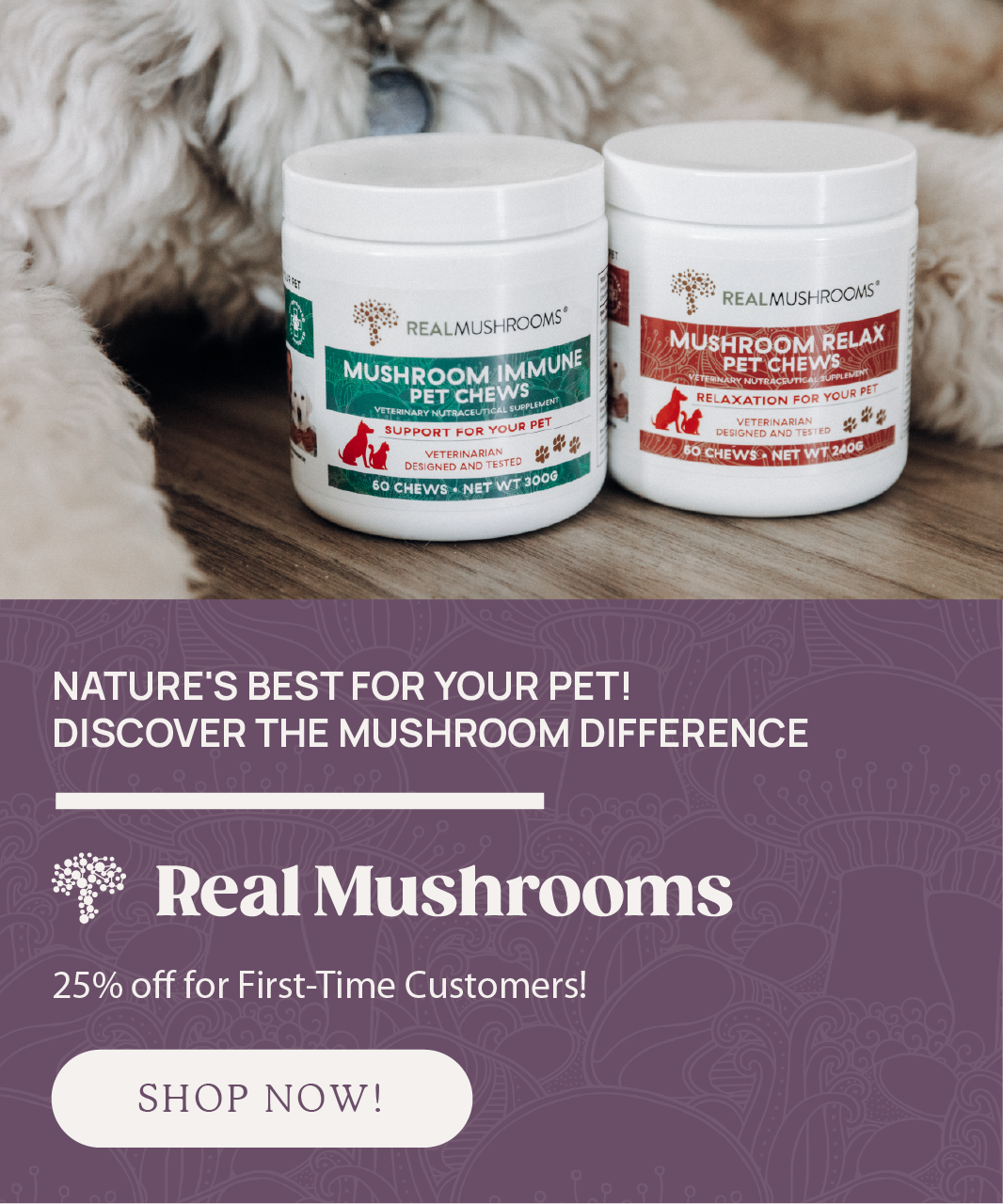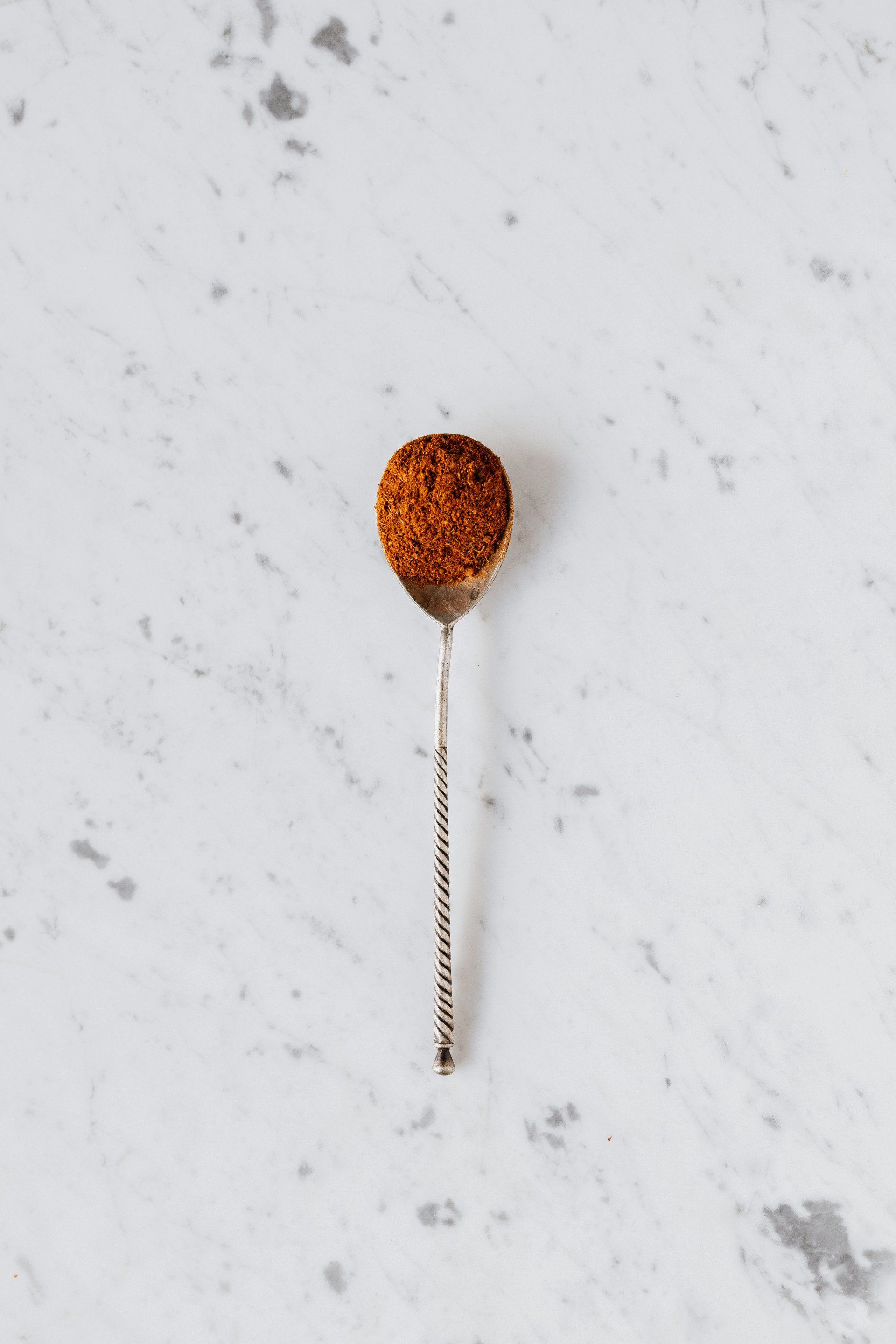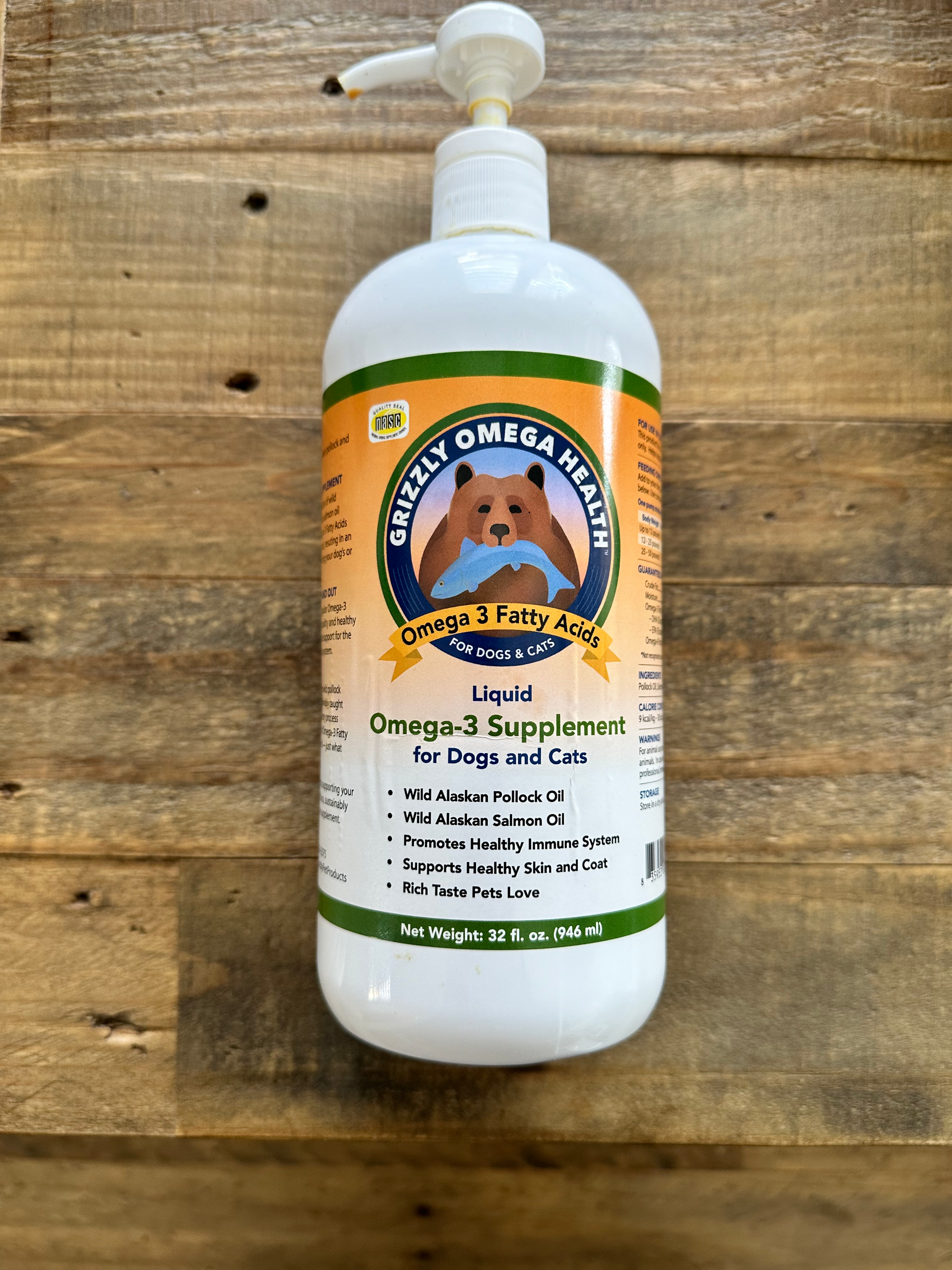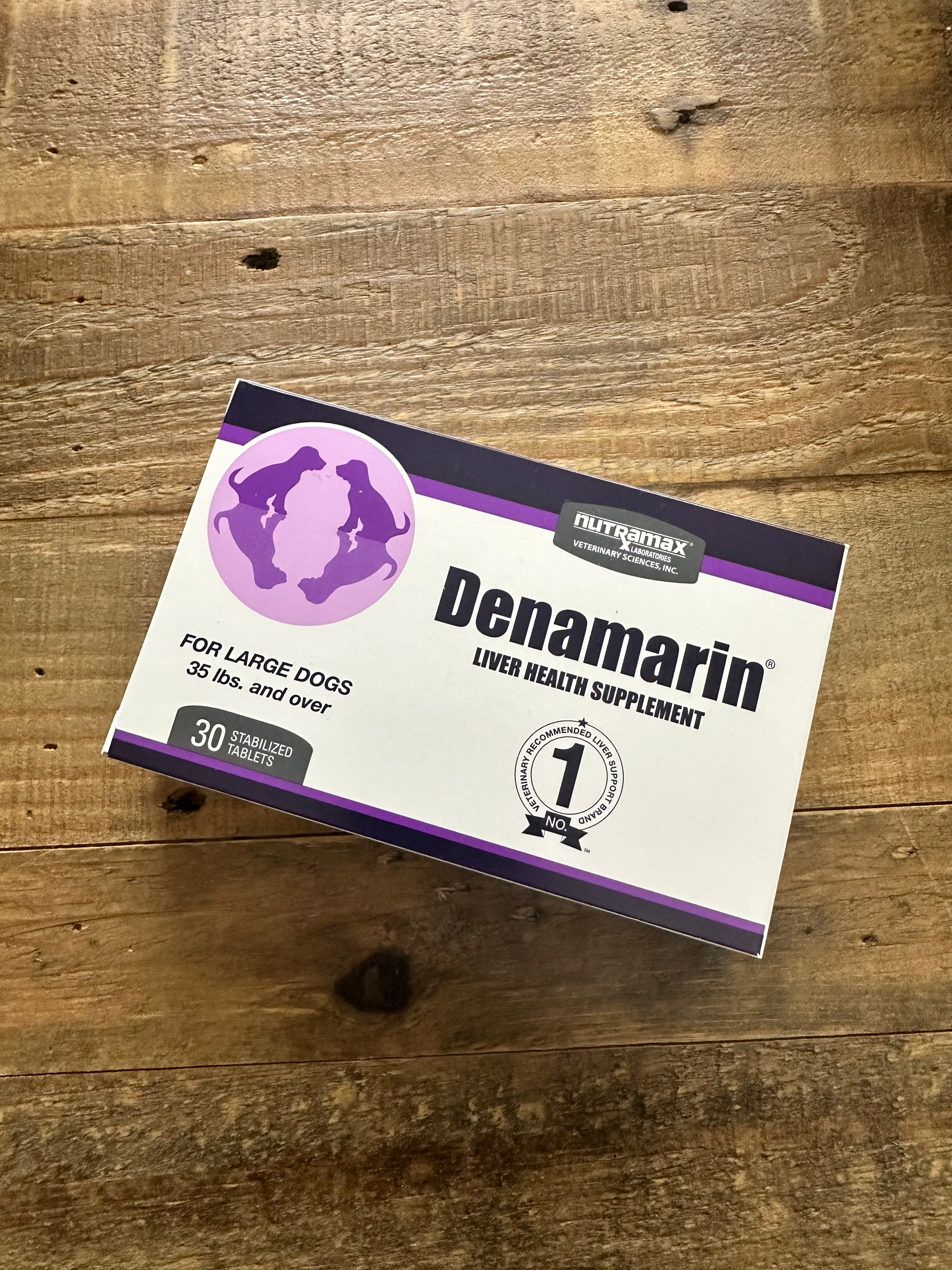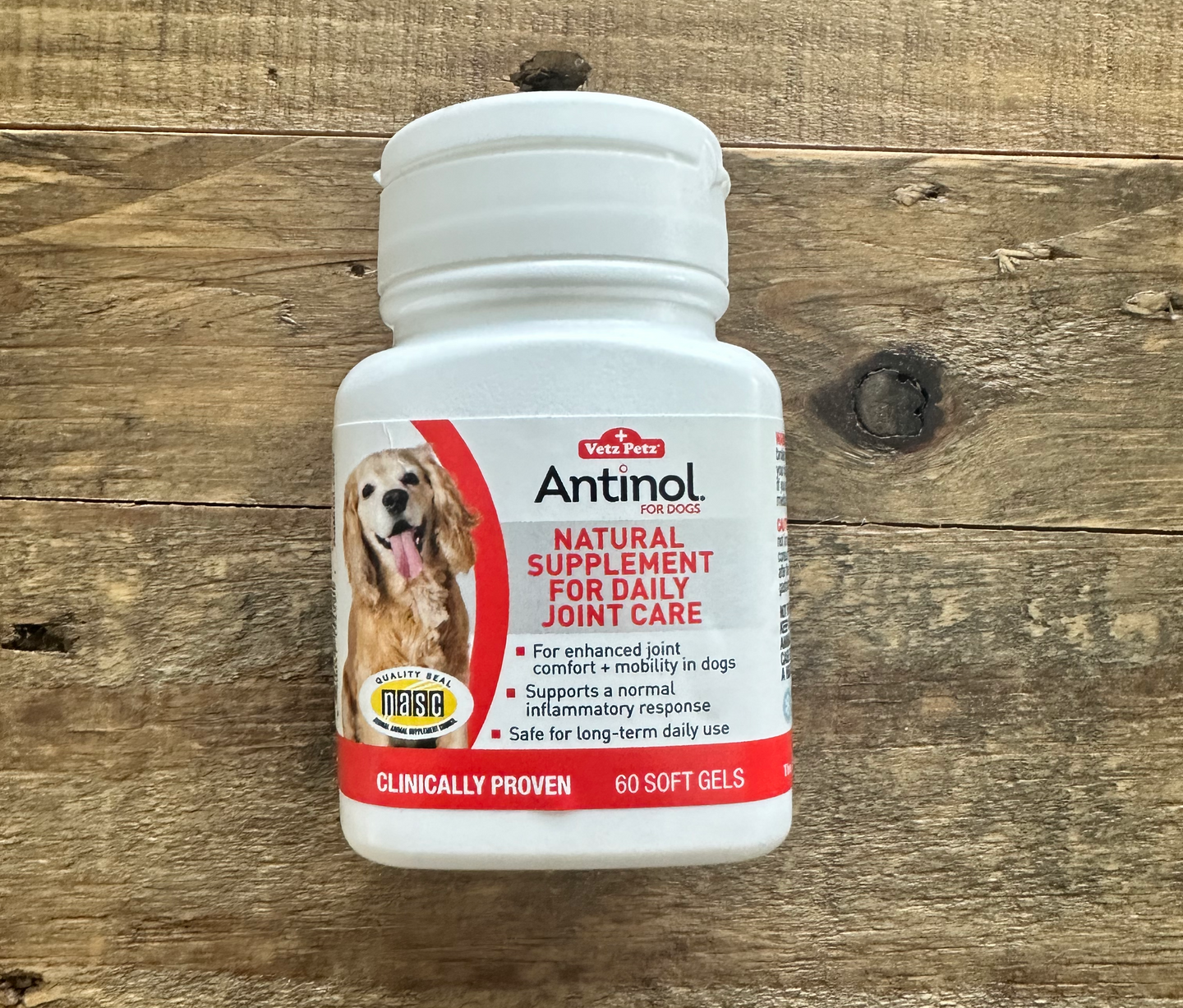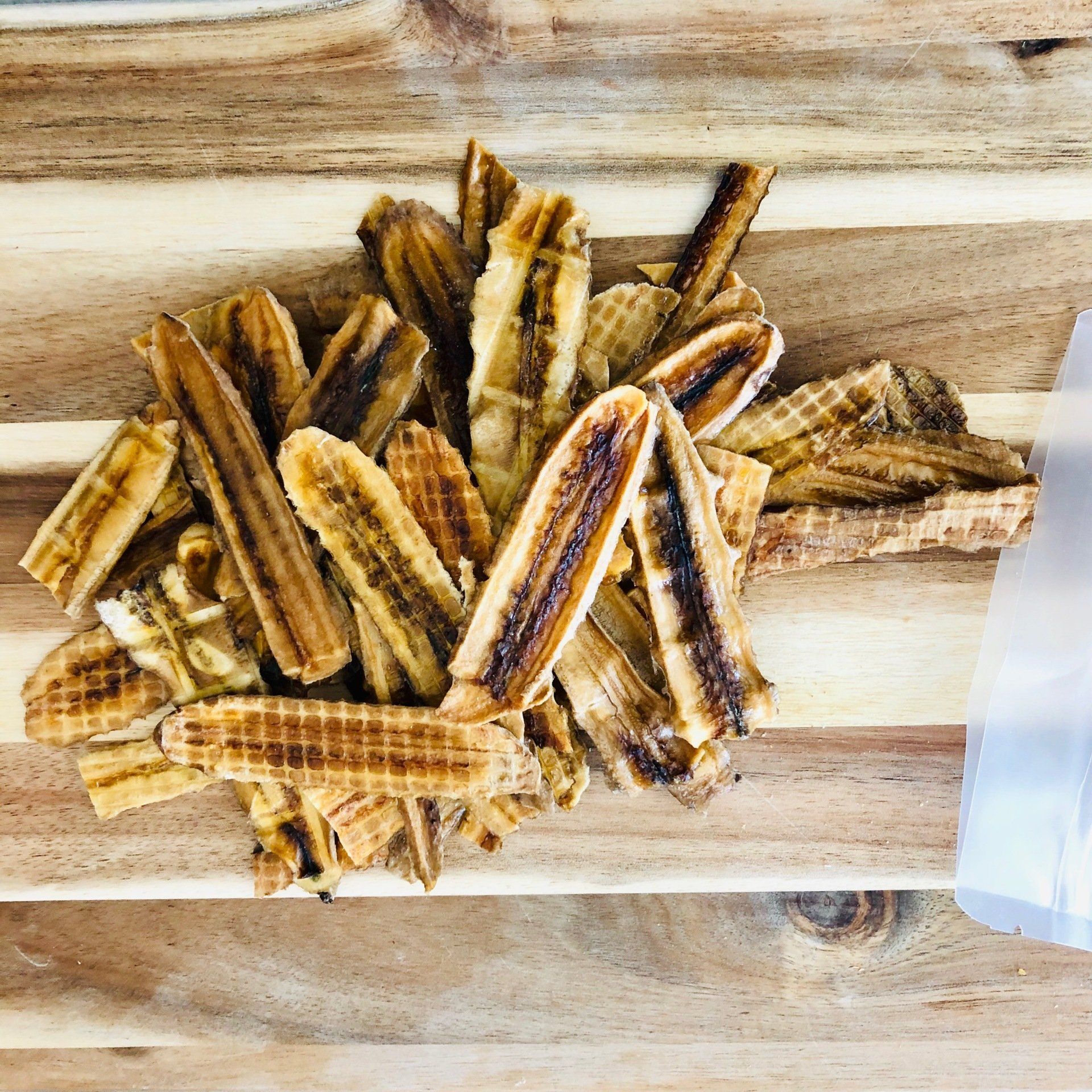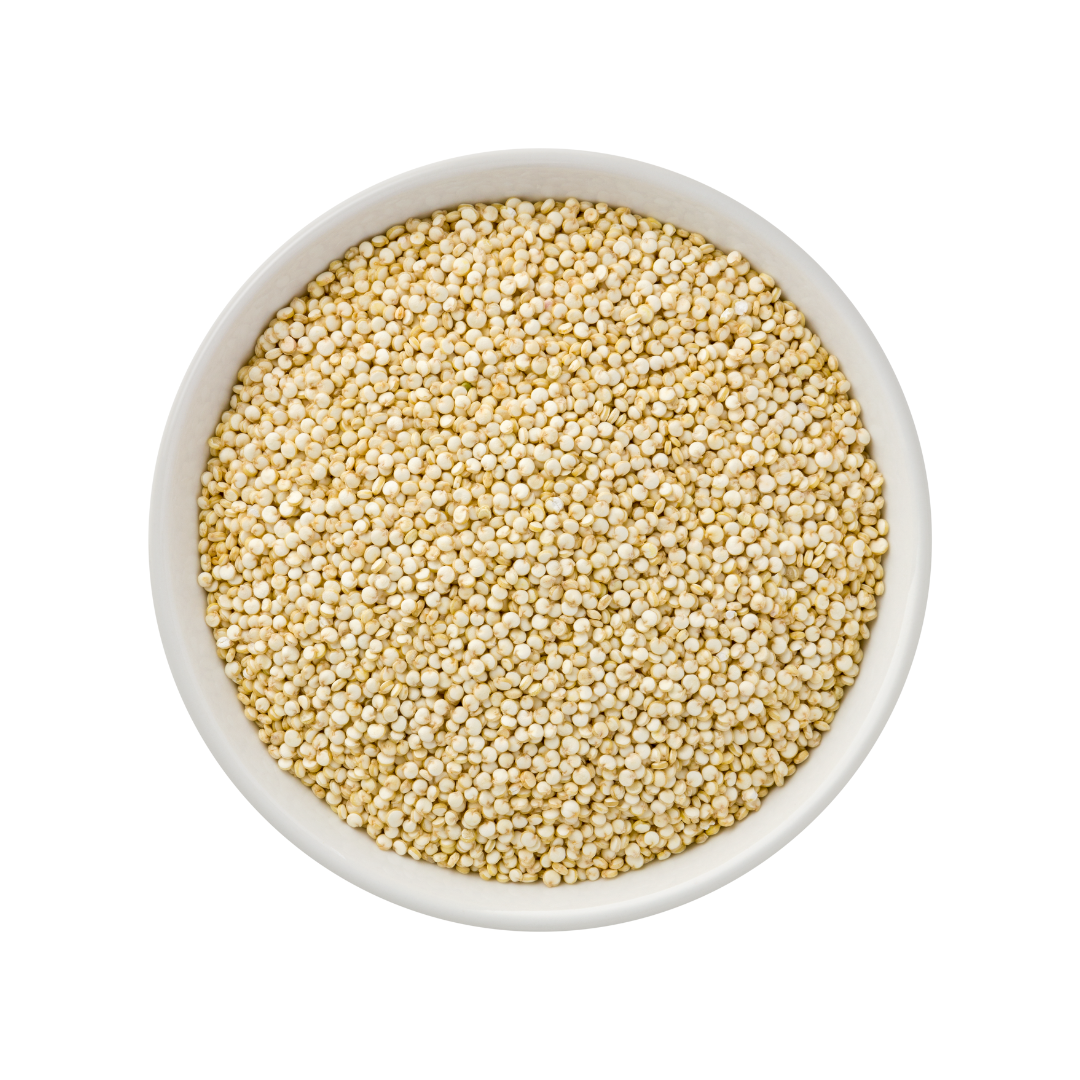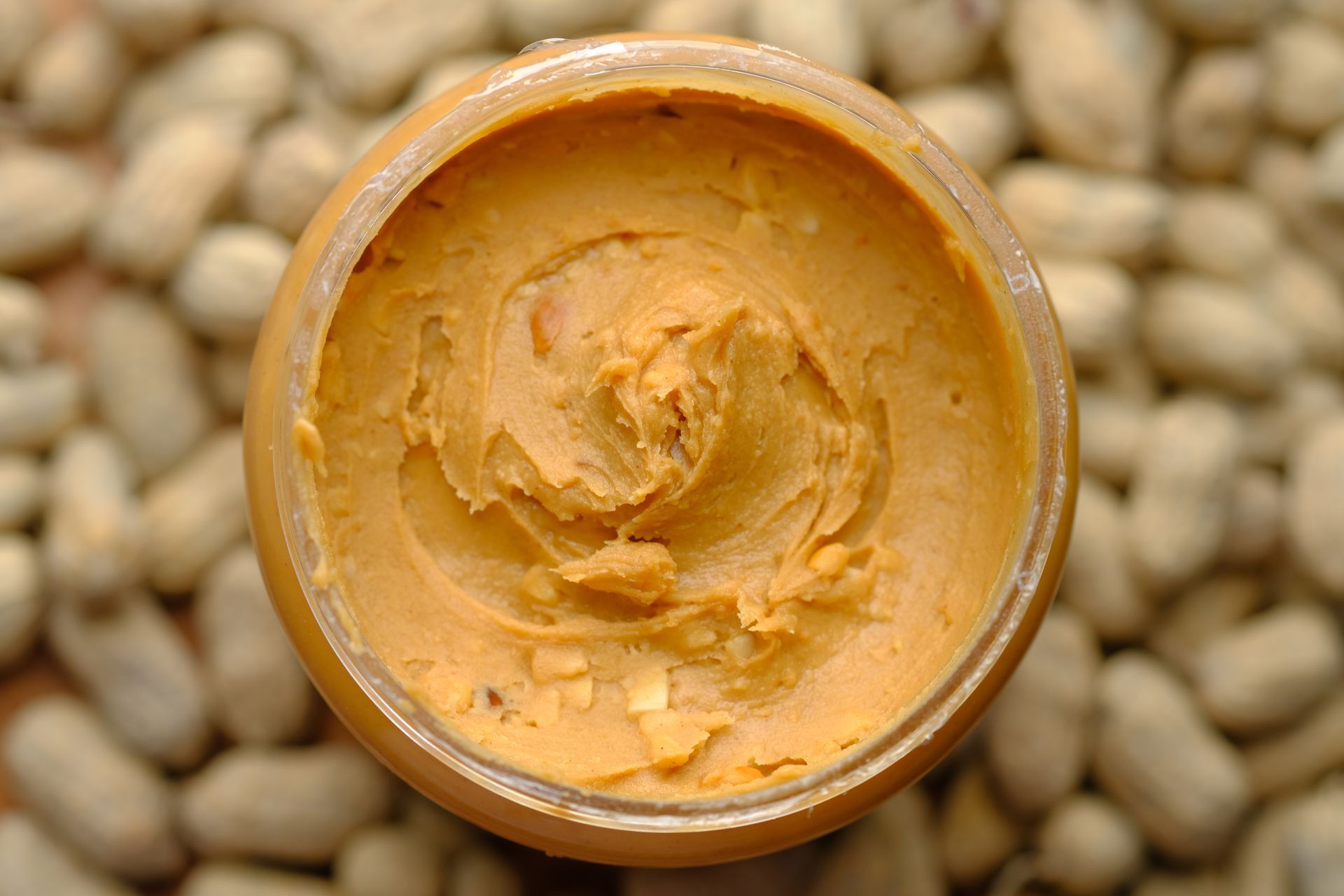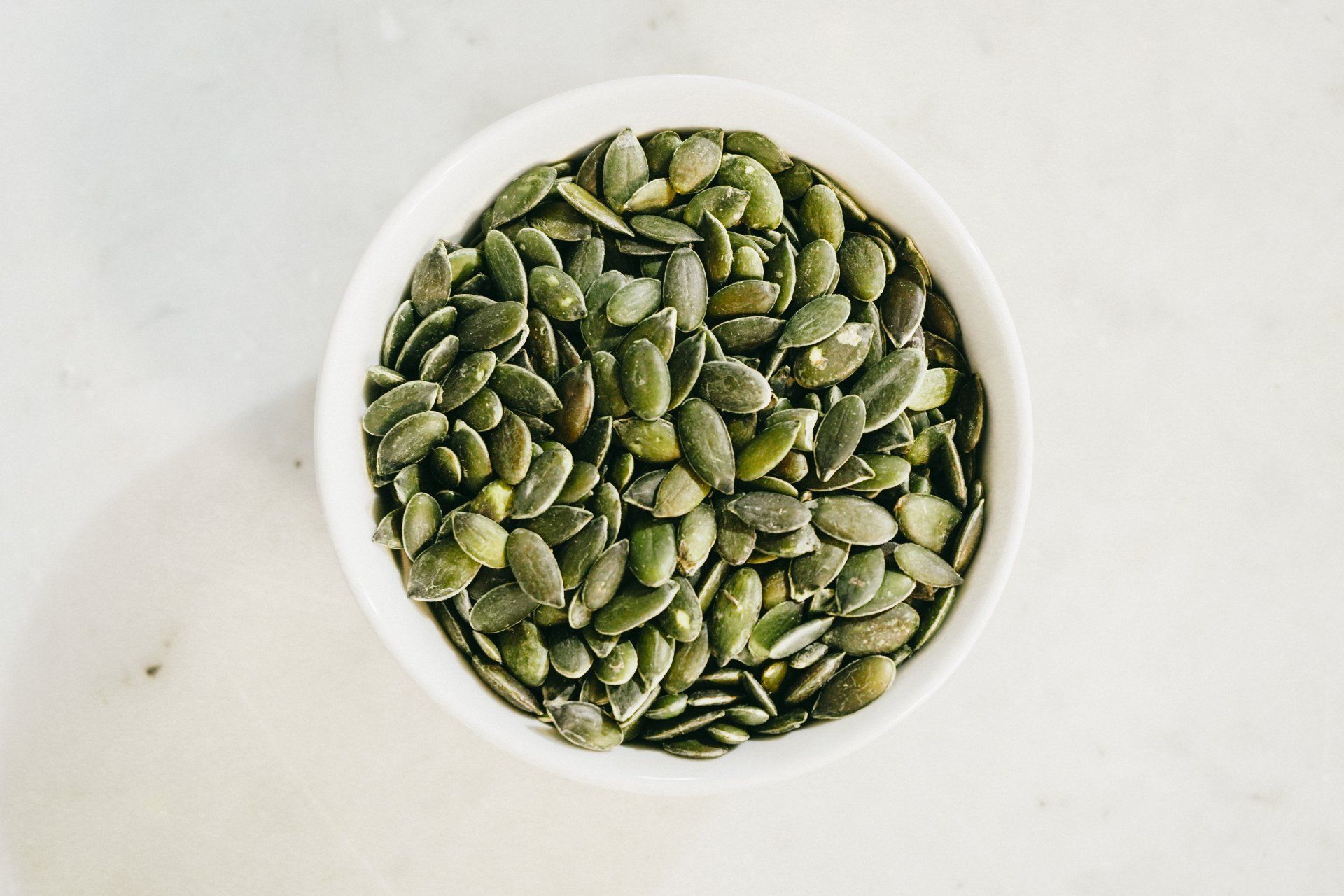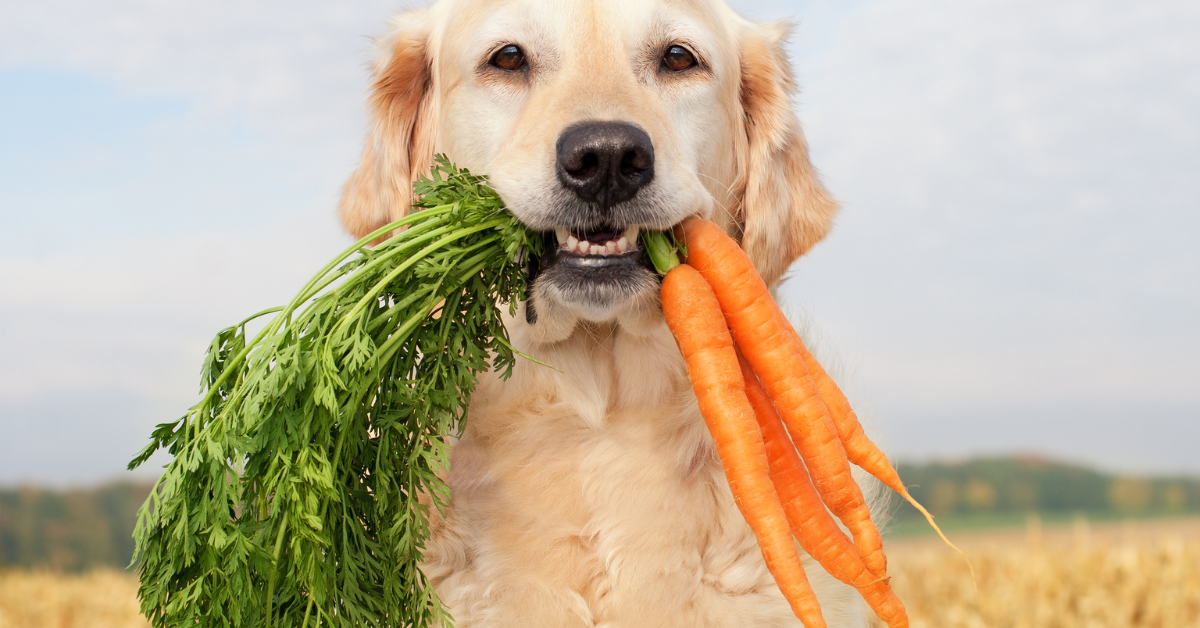Arthritis is a common condition in dogs, especially as they age. It causes inflammation and pain in the joints, leading to stiffness, difficulty moving, and a decrease in overall activity level. Inflammation can also occur due to other reasons in dogs, such as allergies or injuries. One common natural supplement used to alleviate inflammation is turmeric.
Turmeric is a bright yellow spice commonly used in curries and other dishes. It contains a compound called curcumin, which has been shown to have anti-inflammatory properties. These properties may be beneficial for dogs suffering from arthritis and inflammation.
Benefits of Turmeric for Dogs with Arthritis and Inflammation
Turmeric's potential lies in its star ingredient, curcumin. Here's how it might benefit dogs with joint and inflammatory issues:
Reduced Inflammation and Pain
Curcumin's anti-inflammatory properties may help manage inflammation in joints, a key contributor to pain in arthritis. It's believed to work by:
- Inhibiting the production of inflammatory molecules called inflammatory cytokines.
- Reducing activity of enzymes involved in the inflammatory process.
- Scavenging free radicals, harmful molecules that contribute to inflammation and tissue damage.
Improved Mobility and Range of Motion
By reducing inflammation and pain, turmeric may help dogs move more freely. This could mean increased activity levels, better range of motion in joints, and a return to enjoying walks and playtime.
Potential Management of Other Inflammatory Conditions
While research is ongoing, some studies suggest curcumin might also be helpful in managing other inflammatory conditions in dogs, such as skin allergies and inflammatory bowel disease.
How to Include Turmeric in Your Dog's Diet
There are several ways to introduce turmeric into your dog's diet, but remember to consult your veterinarian before making any changes. Here are some options:
For Homemade Food
Turmeric Powder: If you make your dog's food from scratch, you can directly add turmeric powder. Start with a very small amount, around a quarter teaspoon for medium-sized dogs, and gradually increase to a maximum of ½ teaspoon per day. Remember, curcumin in turmeric powder has low bioavailability, meaning your dog's body may not absorb much of it.
- Dosage: While a general guideline suggests 15-20 mg of turmeric per pound of body weight daily, it's best to follow your veterinarian's specific recommendation. They can advise on starting with a lower dose and gradually increasing it as needed.
- Remember, this is just a starting point, and individual dog needs may vary.
Golden Paste:
This is a popular method for incorporating turmeric. It involves simmering turmeric powder with water and a healthy fat source like coconut oil or olive oil. The fat helps increase curcumin absorption. You can find many golden paste recipes online, but be sure to consult your vet before using an online recipe and look for a recipe from reputable source.
Supplements:
Look for dog-specific turmeric supplements formulated with curcumin. These often come in capsule or chewable form and may include additional ingredients like black pepper (piperine) to further enhance curcumin absorption.
Fido's Bowl Supplement Spotlight:
Dr. Mercola Bark & Whiskers, Organic Curcumin Extract for Cats & Dogs
We at Fido's Bowl appreciate Dr. Mercola Bark & Whiskers, Organic Curcumin Extract for Cats & Dogs for its focus on a single, high-quality ingredient: organic turmeric. This allows you to control the exact amount of turmeric your dog receives and avoids unnecessary fillers or additional supplements you might already be providing.
Fera Pets Hip and Joint Support
For a comprehensive hip and joint solution, we at Fido's Bowl love Fera Pets Hip and Joint Support. This veterinarian-formulated supplement includes not only organic turmeric but also glucosamine, chondroitin, MSM, and green-lipped mussel – all well-regarded ingredients for supporting joint health. Plus, it holds the NASC quality seal and is made in the USA, giving you peace of mind. While many hip and joint supplements exist, few incorporate the benefits of turmeric.
Important Considerations:
- Always start with a very small amount of turmeric and gradually increase the dose over time to allow your dog's body to adjust.
- Monitor your dog for any signs of digestive upset like diarrhea or vomiting. If these occur, discontinue use and consult your veterinarian.
- Remember, every dog is different. The appropriate amount of turmeric will depend on your dog's size, overall health, and specific needs. Consult your veterinarian for personalized guidance.
Considerations and Potential Risks
While turmeric offers potential benefits for dogs with arthritis and inflammation, there are some important considerations and potential risks to be aware of:
- Interaction with Medications: Turmeric may interact with certain medications, including blood thinners and nonsteroidal anti-inflammatory drugs (NSAIDs) commonly prescribed for arthritis. Always consult your veterinarian before giving your dog turmeric, especially if they are already taking medication.
- Potential Side Effects: While generally safe, turmeric can cause some side effects in dogs, such as digestive upset and diarrhea. Start with a low dose and monitor your dog for any signs of discomfort. If you notice any negative reactions, discontinue use and consult your veterinarian.




